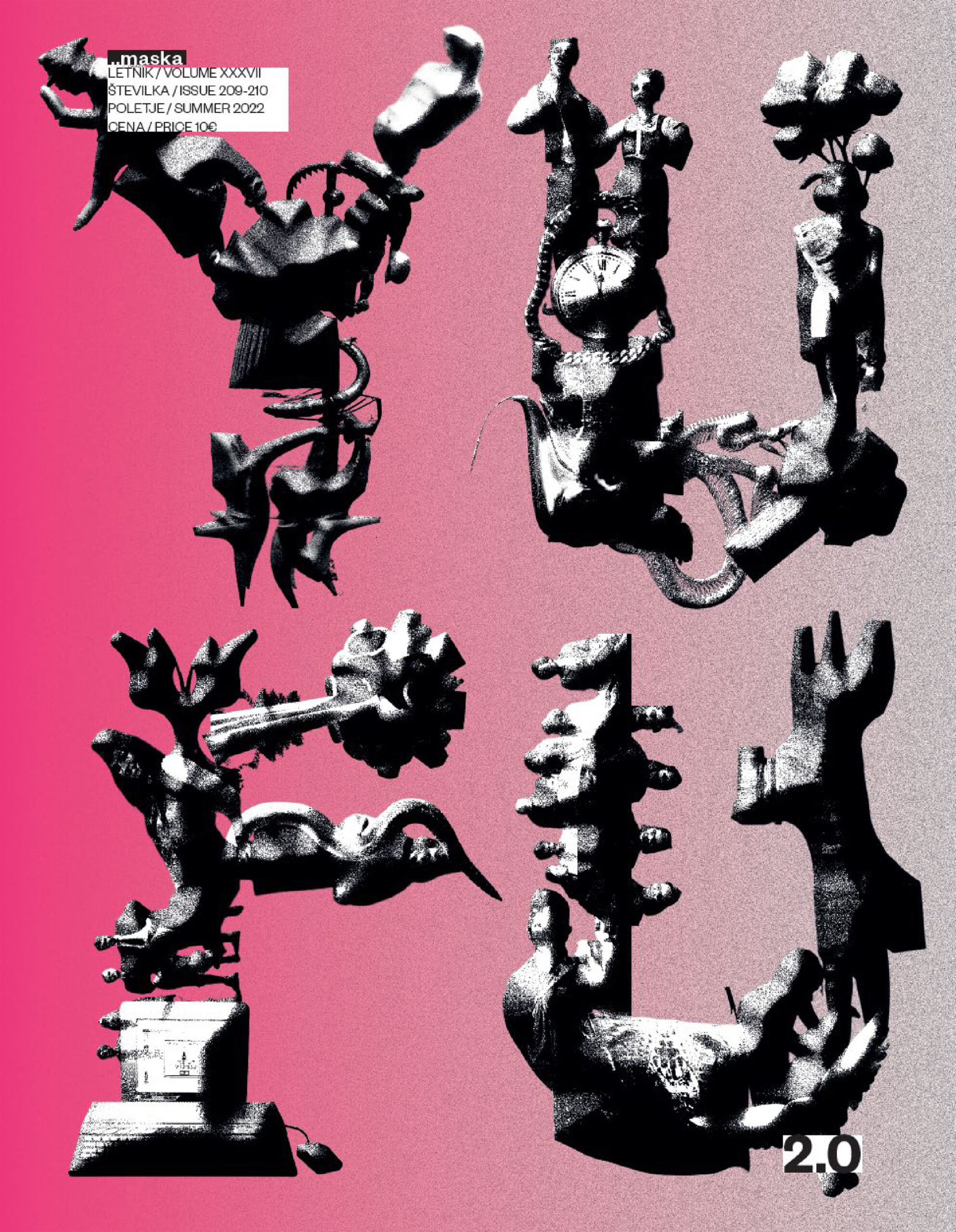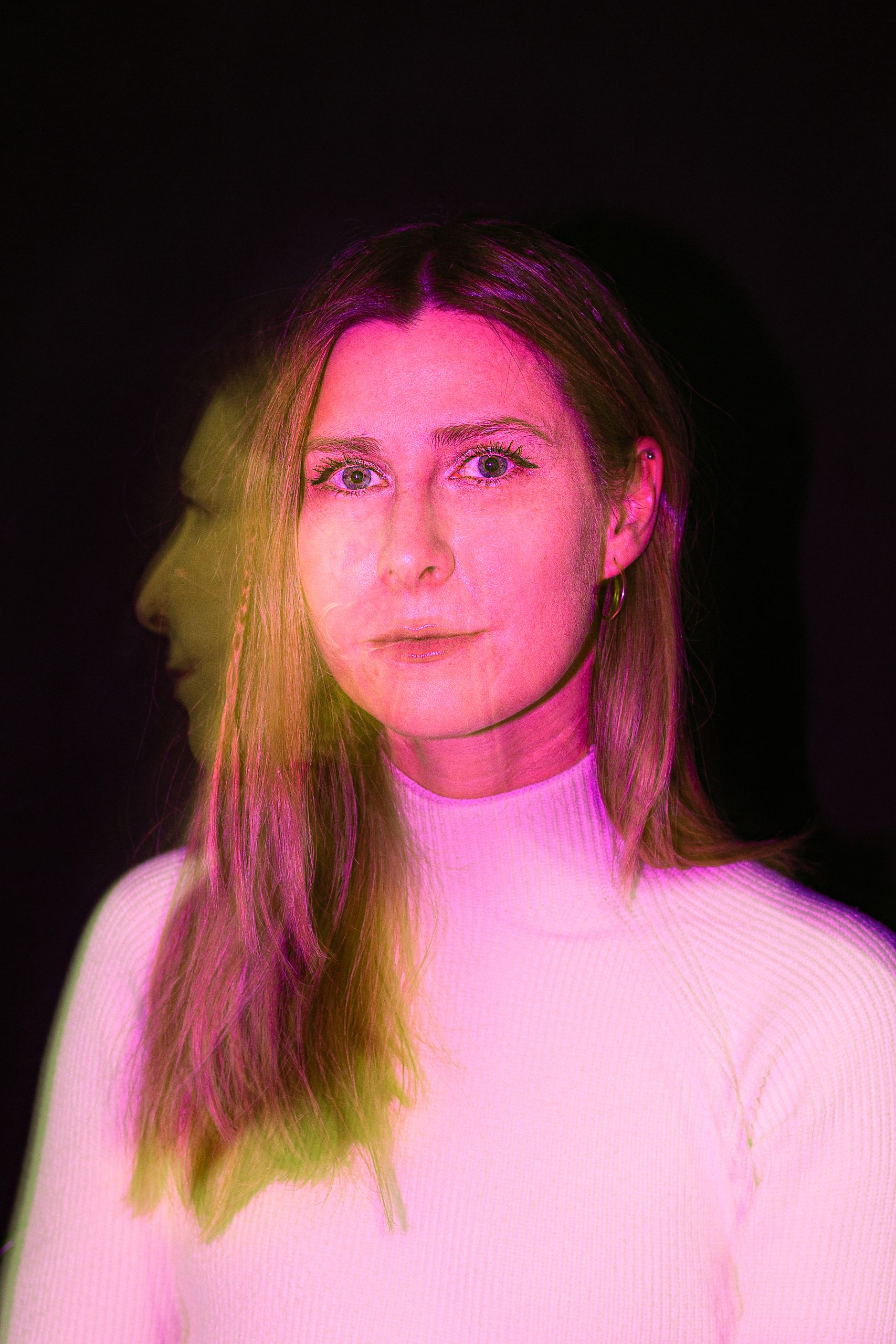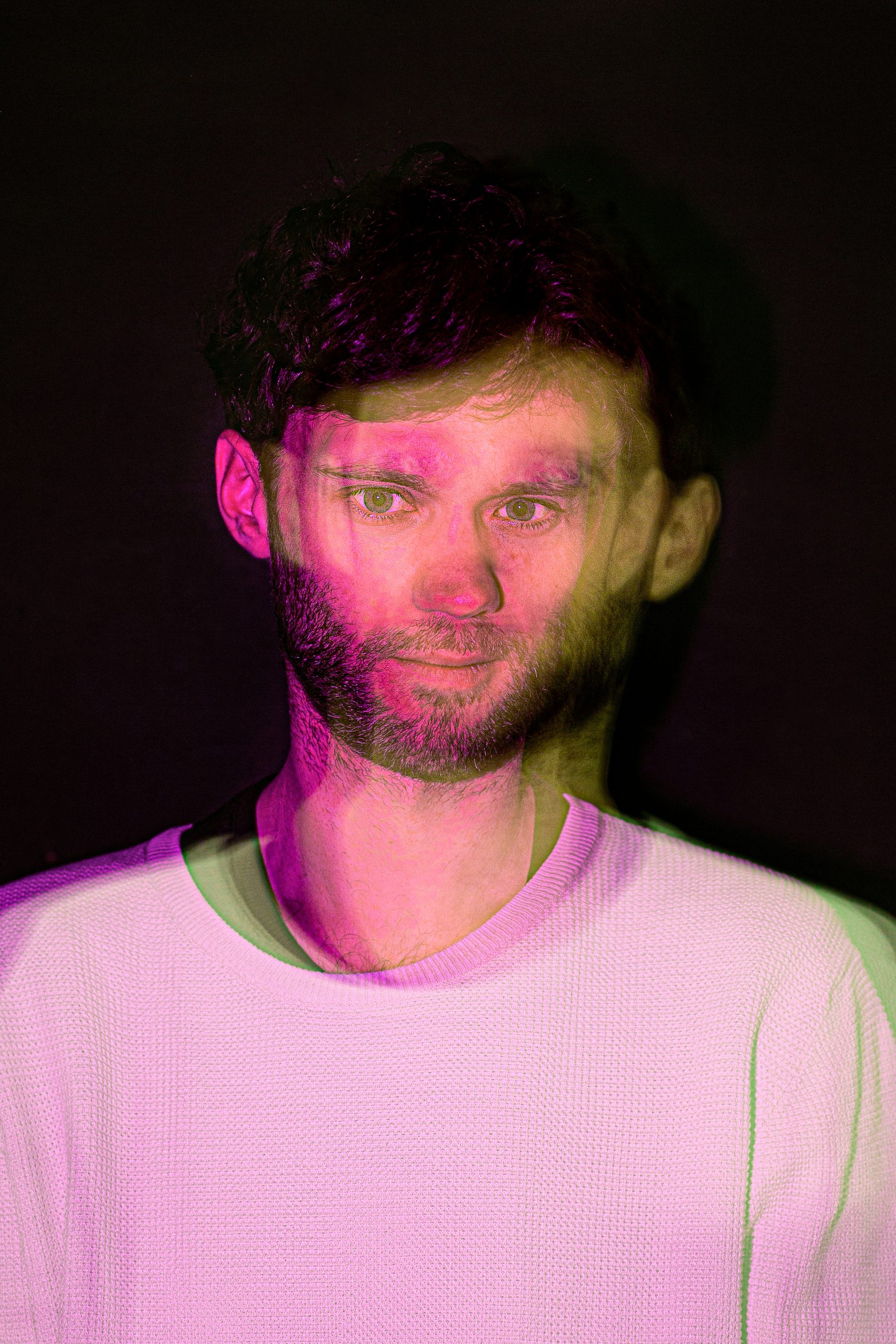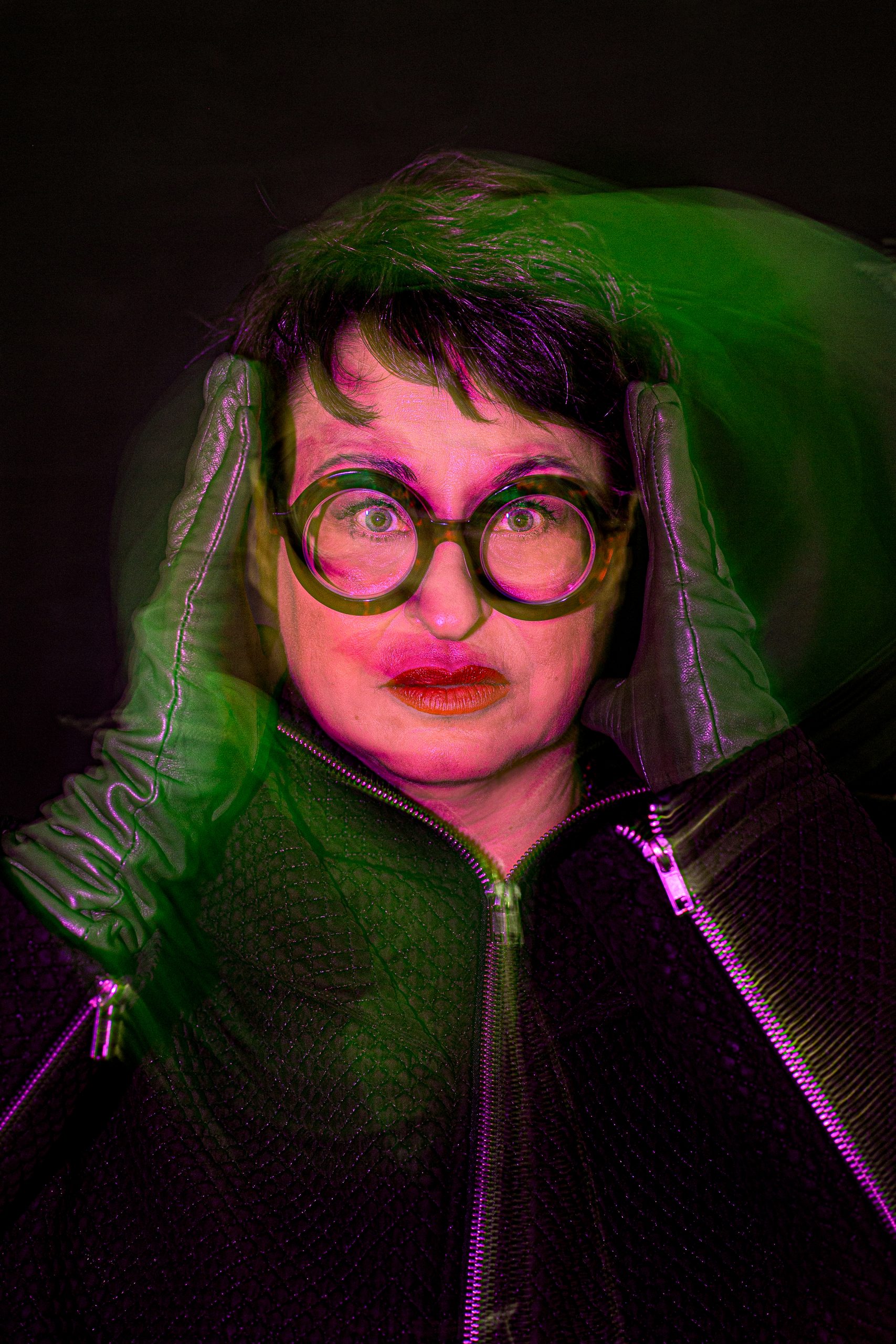Maska is a non-governmental organisation with a broad range of artistic, editing, and education
activities that also affirms the theoretical and artistic creativity.
Through history, Maska has shown that it takes care of editing and producing performing, interdisciplinary, and visual arts; that it educates and researches; and that it often provides content and events that directly cut into the cultural and political space in which it is active.
Maska
Zavod za založniško, kulturno
in producentsko dejavnost
Metelkova 6 / II
1000 Ljubljana, Slovenija
Projects, publishing, education
The Beginnings
The beginnings are connected to the Maska journal from the early 1920s that offered the Slovenian theatre space room for a free-minded writing on various aspects of theatre. It provided space for theatre critique, direction, and their modern practices, thus persistently and consistently approaching the purpose and the quality of specialist periodicals.
What was written soon had to be realised through its own production that is, in theatre currents, especially prominent today. Its position of understanding and analysing art, Maska also materialises in its educational seminars and in carefully selected, publicly presented interdisciplinary publications. In doing so, it never forgets the importance of historicising in performing arts and the inevitable transformation of society.
Maska is characterised by another feature: the concern for and the development of the young generation. This is a responsibility and a reminder of the fact that Maska must not become another masked image of cultural sale.
In 1920, Maska was established by the Ljubljana subcommittee of the Kingdom of Serbs, Croats and Slovenes Theatre Actors’ Association. In 1985, the Slovenian Association of Cultural Organisations revived its publication under the name of Maske. In 1991, Maska goes back to using its original name and acquires a co-founder: the Institutum Studiorum Humanitatis.
Editors-in-chief so far: Rade Pregarc (1920–21), Peter Božič & Tone Peršak (1985–90), Maja Breznik (1991–93), Irena Štaudohar (1993–98), Janez Janša (1998–2006), Katja Praznik (2007–2009), Maja Murnik (2011), Amelia Kraigher (2012–2017) & Andreja Kopač (2018). The Maska Institute has the status of an institution doing work in public interest. (Decision 0120- 105 /2007/12 from 27 September 2007)
Who Wears the Mask Today
Portraits of the Maska team: Asiana Jurca Avci
Awards
2022
- Mira Trailović Grand Prix for Best Performance at Bitef Festival
“The first prize goes to Solo directed by Nina Rajić Kranjac, a courageous, passionate and unique exploration of the fundamental questions of theatre in the present moment, an exploration that reaches into both the past and the future and is presented to us with ferocious energy by four extraordinary thinkers, writers, performers. They invite us on an exciting and risky journey through self-discovery, conflicts, memories, scenes, songs and myths, leading us into different theatrical spaces and forms, and concluding with a ceremony that celebrates connectedness and our human imperfection.”_Haris Pašović, Ana Tomović, Gordana Popović, Ana Tasić and Borka Golubović Trebješanin
- Šelig Award for the best production of the competition programme at the 52nd Slovenian Drama Week
The production of Solo by Nina Rajić Kranjac and the team of creators, co-produced by Maska Institute and the Slovenian Youth Theatre, is a complex and full-blooded event of a community meeting. This community is not presupposed by the performance, but is constantly being reversed, abolished and re-established. It is very brave and theatrically inventive in its content and expression. The collective, which also includes Nataša Keser, Benjamin Krnetić and Marko Mandić, creates a work that is permeated by a remarkable energy and wit, as well as by the interconnectedness and trust of all the creators. They all uncompromisingly expose themselves and their work. Especially Nina Rajić Kranjac, who unashamedly boasts of her successes to date, while at the same time maintaining an auto-ironic distance. With a relentless humanity, she exposes the places of her own and the theatre’s vulnerability, while at the same time skillfully involving the audience in the organisation of the performance.
At the end, in the middle of the car park, we see a group of people from different corners of the world, convinced of the meaning and necessity of art, and above all of the necessity of critical and reflective creation. This group dares to cut into the sense of omnipresence that pervades contemporary social experience and goes “grlom u jagode”!
- 52nd Slovenian Drama Week Award for Best Actor
Benjamin Krnetić in Nina Rajić Kranjac’s Solo, produced by the Maska Institute and the Slovenian Youth Theatre, provides a solid support for a theatrical event that focuses on the author and her theatrical story. In the first part of the production, she leads us through a wide variety of theatrical situations, changing between different modes with ease. Spontaneously and subtly, she builds a relationship between the performance and the audience, all the time involving them in the emerging community. He shows a wide range of acting expressions and skills, which he masters with creative intelligence and eruptive energy.
- The Borštnik Festival Award for Young Actress
Awarded to Lina Akif for her roles in the productions Heat, co-produced by Mladinsko Theatre, steirischer herbst ’21 and Masks, Black Skin, White Masks, co-produced by Anton Podbevšek Teatr and Plesni teater Ljubljana, and All Birds, co-produced by Mini teater, Ptuj City Theatre and Ljubljana Festival.
Lina Akif shows the range of her acting engagement and apparatus in different productions of this year’s selection. From post-dramatic didactic activism, through an auto-referential approach in genre convention to naturalistic acting in dramatic form, the young actress sovereignly demonstrates her mastery of the diverse aspects of the art of acting.
2021
- Special Award of the Slovenian Drama Week at the discretion of the director
With its committed approach, the production of The Game opens the theatrical space of freedom to the social fields of necessity. The play does not take place in fictional worlds, but plays out through real issues that resonate locally and globally. - The Borštnik Festival Grand Prix for Best Performance goes to
The Game directed by Žiga Divjak and co-produced by Mladinsko Theatre and Maska Ljubljana
The production of the Game does not expect from us either empathy or moral definition, but rather a strict observance of the laws that define the standards of civilisation. A superb ensemble of actors, together with artistic and technical collaborators, create a powerful piece of theatre that defends humanity and the fundamental principles of European civilisation and culture. The production bears witness in a moving way to the great tragedy of migrants handed over to the merciless procedures of state authorities and European citizens. It is a play that speaks not only about Slovenia, but also about Europe and the world, and sends an alarming message that a red line has been crossed.
Decision adopted unanimously. - Maribor Theatre Award for Best Director
Živa Divjak for directing the Game co-produced by Mladinsko Theatre and Maska Ljubljana
Žiga Divjak directs the Game uncompromisingly, linking all the elements of the production into a thrilling and shocking whole. It is his tour de force, combining creative power and deep human engagement. His directorial process is bold and uncompromising. He takes risks in his work, just as the characters in his play risk their lives. At no point is he didactic, he does not moralise and he does not seek to please the audience. He creates an urgent performance that fights against the dominance of political, physical and aesthetic brutality. - Matej Puc in The Game co-produced by the Mladinsko Theatre and Masque Ljubljana, and Seven Days, produced by the Ljubljana City Theatre (MGL).
With his roles in the productions of Gejm and Seven Days, Matej Puc demonstrates a bravura acting technique, exceptional strength in the emotional articulation of his characters, and the ability to vary the different stylistic and genre registers of the play. In his production of Gejm, he sharply differentiated the neutral, narrative expression and poignantly shaped the migrant confessions. In Seven Days, his performance ranges from the convincing framing of dramatic conflict in the scene with his wife to technical bravura in the neurotically accelerated confession of a lonely man. - The Borštnik Award for Set Design
Igor Vasiljev in the production of The Game, co-produced by Mladinsko Theatre and Maska Ljubljana
Igor Vasiljev is not only the set designer of Gejm, but also the author of the concept of space, which is one of the most characteristic elements of the director’s idea. The narrow stage for the actors, on which the national borders of the space from which the testimonies come are marked, and which divides the audience into two parts, is not only a metaphor for the border, the greatest trauma faced by refugees. It also allows the audience to confront themselves, a clear sign that this is not only a play about migrants, but also about us and our responsibility for their tragedy. By selectively choosing real objects that symbolise the fates of individuals, it creates a shocking installation – a “map” of the refugees’ dying.
The Maribor Theatre Award for dramaturgy - Katarina Morano in The Game, co-produced by the Mladinsko Theatre and Maska Ljubljana
Katarina Morano, the dramaturg of The Game, has created a formally pure and meaningful dramaturgical structure. Her basic principle is repetitiveness: the testimonies begin with documentary information about the fates of the refugees and continue with the actors’ personal experience of their cruel fates. The effect of the barely bearable duration and dramaturgy of repetition is not only to confront the audience rationally with the facts, but, in the spirit of post-dramatic theatrical politicisation, to put them in a situation of physical discomfort, which is only a small part of the physical and mental challenges experienced by the refugees. - The Borštnik Prize for Music and Sound Design
Blaž Gracar for The Game co-produced by Mladinsko Theatre and Maska Ljubljana, and Seven Days, produced by the Ljubljana City Theatre (MGL)
Whether it’s dark, ominous music, the barking of furious dogs or any other sound, Blaž Gracar creates measured soundscapes that subtly co-create dramatic situations as an organic part of the theatrical production. The sound in the productions of The Seagull and Seven Days evokes otherness and sensitises the audience, and holds the audience in its grip even after the performances are over.
2019
- Vladimir Kralj Award to Rok Vevar for his achievements in critique and theatre in
2018–2019
In this period, Vevar continued his work as an author, researcher, and critic in the field
of contemporary performing arts, most prominently in contemporary dance. In 2018, in collaboration with Maska, Nomad Dance Academy and JSKD, he published a long- awaited fundamental theatrology work: a collection of various texts on dance art Dan, noč + človek = ritem: Antologija slovenske sodobnoplesne publicistike 1918–1960. Among other things, Vevar was also a successful archivist of the Temporary Slovenian Dance Archives that recently found its home at the Museum of Contemporary Art Metelkova.
- A medal in the scientific literature category to Ajdin Bašić and Iztok Khan for designing the Transformacije collection.
Every year at the Slovenian Book Fair, the Slovenian Chamber of Commerce and Industry, the Chamber of Publishing and Bookselling, bestows medals and awards for the exceptionally well-designed Slovenian books and to encourage the constant concern of Slovenian publishers to keep raising the bar.
2018
- Grand Borštnik Award for best performance of the play 6 by Žiga Divjak.
The 53rd Maribor Theatre Festival expert jury commentary:
“In a chamber context and with suggestive theatre language, the play 6 bravely reveals the anatomy of the dehumanised present and its irrational social prejudices. The performance fluidly encompasses the documentary and fictitious material that the authorial team presents in opposition to the dialogue of contrasts on the fear of the ‘other’. Thus, the public is offered a horrendous insight into the silent social war that is raging in the heart of Europe. With a disciplined performance and loud politics, they hold a mirror to the hypocrisy of everything that we think we are as a society; to everything that we really are; and everything that we could become. With a seemingly simple stage mechanism that is not poster-like and superficial, the performance engagingly questions the procedure of objectivising migrants and refugees, shedding light into the tragic state of society in which fear, racism, and xenophobia activate demons the consequences of which are yet to be seen.”
2017
- Šeligo Award for best performance at the 47th Week of Slovenian Drama to The Republic of Slovenia by anonymous authors
The Republic of Slovenia was bestowed with the Šeligo Award for its creative production concept questioning the individual’s relationship with politics, opening public dialogue and the social impact of its message making it impossible for the audience to remain indifferent. The play preserves the function of theatre as a public forum that theatre has had since the Antiquity. The play on a political arms scandal is anchored in the time when the new Slovenian state was being born and on the crossroads between the collapse of the old political system, the fall of the Berlin Wall, and the new pro-European orientation. Its generality speaks to the wider international audience as it enables a universal identification with the problems of political affairs that the governing nomenclature survives unscathed. The performance opens a wide field of possible interpretations without diving into demagogy. Its topicality remains unchanged even after the “Secret” sign was removed from the magnetogram of a meeting with the president of the Republic of Slovenia from 1993. The performance presents the secret documents to the eyes of the public, enabling the viewer to (re)live the role of the witness in the Depala Vas Affair and to perceive the political state and his/her role in it through a wider historical perspective. It enables the viewer to resolve the question of personal and political responsibility in a way that holds a cathartic potential.
The play Republic of Slovenia is bestowed the award for its artistic approach to treating the material in a documentary or verbatim theatre, and for the specific acting approach to designing roles based on actual political players that ironize the entire situation. On the whole, the play testifies to the artistic consensus of every participant, and the collective belonging of the artistic team to the project, which contributes to its value and meaning.
- Vladimir Kralj Award to Amelia Kraigher for her achievements in critique and
theatre in 2016–2017
In the increasingly poor Slovenian media landscape that offers less and less space to theatre critique and to an in-depth reflection on contemporary theatre production, Amelia Kraigher’s opening and supporting alternative forms of publishing the production of meaning is ever more valuable. As the editor-in-chief of the Maska journal and the TransFormacije and Mediakcije collections, she has managed to create a rich creative sanctuary for numerous Slovenian and foreign thinkers of theatre, dance, and performance, successfully locating Slovenian theatre- and dance production beyond the
local.
2016
- Engaged Gesture Jury Award at the 25th anniversary of Republic of Slovenia by anonymous authors.
At the 51st Maribor Theatre Festival, The Republic of Slovenia was bestowed a jury award for its engaged gesture at the 25th anniversary of the state. The commentary ran: “The Republic of Slovenia is a performed commentary to its own state with its (still) central political players. It gets its material and inspiration from reality itself: through various documentary elements, it reconstructs the ‘birth’ and the post-independence period of The Republic of Slovenia, it reheats the arms scandals of the time and the infamous political affairs, and reveals the (until recently) top secret strategic meetings. The project shows a responsible and daring gesture that is as much political as it is artistic. An engaged gesture that speaks to every citizen and reveals the sensitive political scenery without reservation.”
2015
- Award at the Gibanica Festival – for best play chosen by the jury and best play chosen by the audience (the play The Taste of Silence Always Resonates)
“I am happy that Irena Tomažin got the award. I hope that it will help her continue exploring movement and voice because – and I have said so publicly – I was deeply moved by this: a natural connection between the body, voice and thought, as well as a surprising and original way of transforming her feelings through working with voice and gestures. With the scenography, lighting, sound, and costumes, she managed to put together a comprehensive performance that is undoubtedly a work of an extremely high- quality performer. I also admire something else about her: Irena has dived into exploring songs and their roots, which are not Slovenian but – if I understood correctly – Ukrainian, and managed to bring them closer to contemporary audience through her interpretation.”
Yvona Kreuzmannová, Tanec Praha, the Czech Republic, jury member
2014
- Award for best documentary dedicated to art at the festival of independent film in Bellaria, Italy, to I Am Janez Janša directed by Janez Janša.
For the structure of a documentary film that never ceases to surprise; for the originality of its topic treated in narrative form and holds distinctly philosophical value yet tackles concrete examples. The jury recognises and respects the ironic perspective on contemporary art and its paradoxes, on politics and its weak points, and on how performance can surpass the limits of art and reaches into the social sphere.
2009
- Best performance award at the 4th Gibanica for Fake It directed by Janez Janša
The jury of three members from Hungary, Israel, and Austria chose Fake It (directed by Janez Janša, produced by Exodus, and co-produced by the Maska Institute) as the best performance of the 4th Gibanica. As a starting point, the creators of the play chose segments of world-renowned choreographers that never appeared in Slovenia. In the play that lasted a little more than an hour, we could see fake contemporary dance choreographies and an innovatively humorous performance that included the audience alongside the remarkable dancers, especially Jurij Konjar.
- A special commendation of the Gibanica Festival: the most promising
choreographer Irena Tomažin for As a Rain Drop into the Mouth of Silence. - A special mention at the Slovakian National Awards for Design to Martin Mistrik
for designing the Maska journal.
Martin Mistrik was chosen as Maska designer at the 2006 call and designed the journal from No. 98–99 to No. 131–132. The national awards are bestowed by the Slovakian Design Centre and the Slovakian Ministry of Culture only once every two years and are considered the highest awards given to Slovakian designers or designers collaborating with Slovakian companies.
2008
- 43rd Maribor Theatre Festival jury award for innovations in theatre and aesthetic
breakthrough to Janez Janša for directing Slovene National Theatre.
The 43rd Maribor Theatre Festival jury decided to bestow the award for innovations in theatre and aesthetic breakthrough to Janez Janša for the direction of Slovene National Theatre produced by Maska Ljubljana, which was performed at the SNG Grand Stage on Sunday, 19 October 2008.
The jury commented their decision: “Slovene National Theatre that scenically originally and with a persistent documentarist discipline reconstructs a traumatic episode in Slovenian present – a pogrom against a Roma family – is more than a mere theatre innovation and aesthetic breakthrough: it also reveals supressed contents and a rebellion against forgetting. Here, Janez Janša as its author and co-performer with exceptional courage enters the field of ideology and politics. The means he uses to do so are extremely economic and forgo any judgement, while the performers also forgo any emotional commentary on the reproduced replies. The effect can therefore be that much greater and despite the impression of the event being merely auditory, the performance affects the viewer as a comprehensive stage creation that strongly cuts into the social and political reality of Slovenian and every repressive and discriminatory environment in general.”
2007
- Special jury award at the 41st BITEF Theatre Festival in Belgrade for Pupilija,
papa Pupilo pa pupilčki – reconstructed by Janez Janša
A special jury award at the 41st BITEF Festival in Belgrade was bestowed to Pupilija, papa Pupilo pa pupilčki – reconstructed by Janez Janša. Produced by Maska, Pupilija was awarded for its “re-actualisation of a lasting intention to question the nature and the limits of theatre”.
2006
- Golden Bird Award to Mare Bulc
For his four-year project No History/Know History, which comprised eight connected plays and performances and ended with The Last Egoistic Performance (produced by Maska), Mare Bulc was bestowed the 2006 Golden Bird Award.
- Golden Bird Award to Irena Tomažin
The Liberal Academy Golden Bird Award for performing arts (for performances Caprice
and Caprice (Re)Lapsed)
Pretekli dogodki
Subscribe
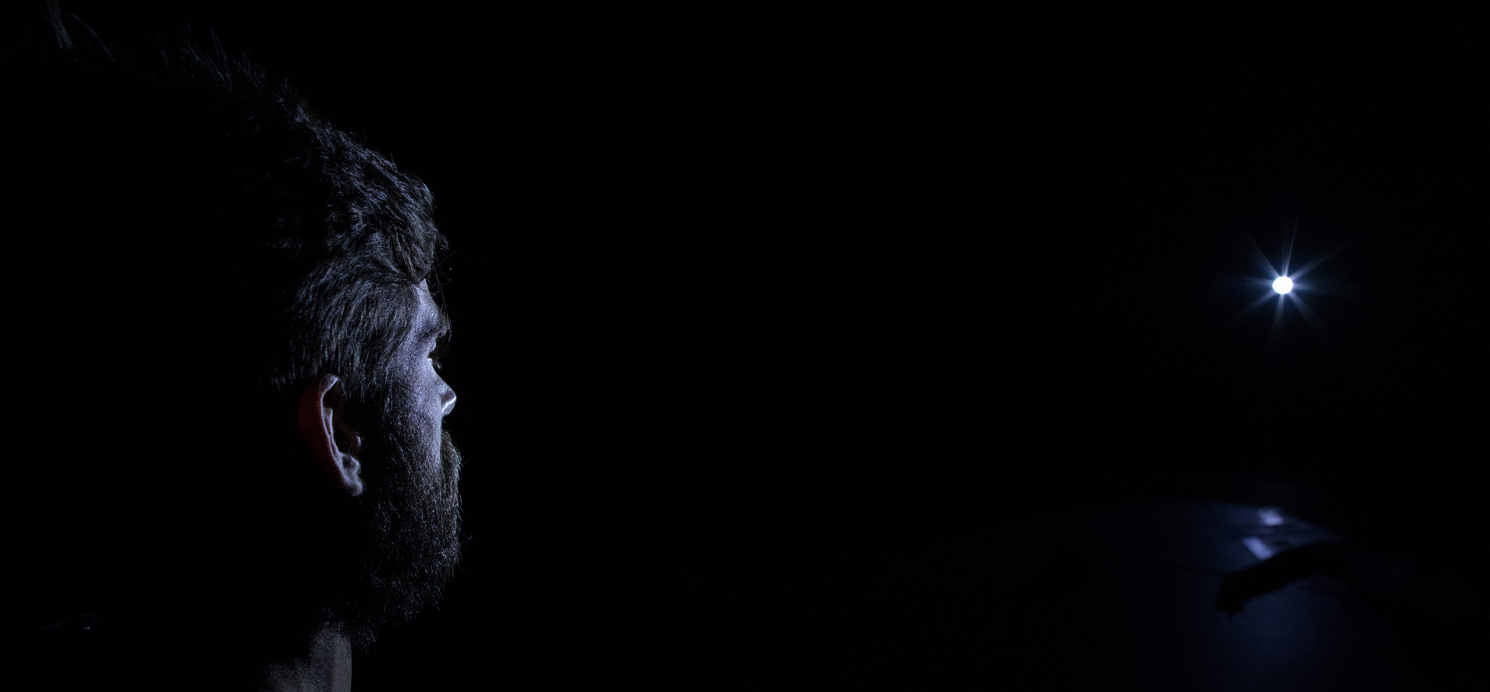
foo
Newsletter
Subscribe to our newsletterSubscribe to Maska’s newsletter and be the first to know about our activities (premieres, repeat
performances, festivals, releases, debates, round tables, symposia, presentations, workshops, etc.).
We promise and guarantee to treat your data in a responsible manner and according to the GDPR.


